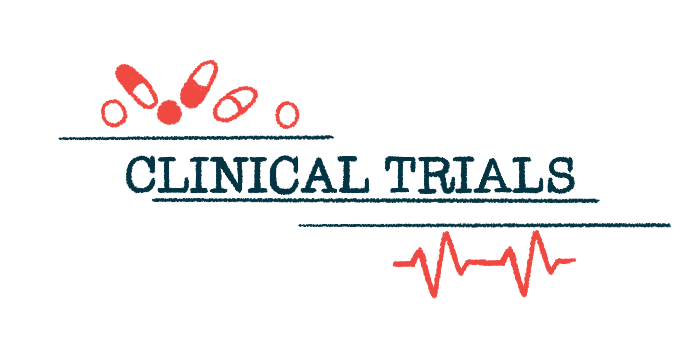Phase 2 trial of adrulipase in treating EPI tops 50% enrollment goal
US study into safety, efficacy of yeast-derived enzyme replacement therapy for CF
Written by |

The Phase 2 SPAN clinical trial of a new formulation of adrulipase in treating exocrine pancreatic insufficiency (EPI) in adults with cystic fibrosis (CF) has reached more than half of its target enrollment.
Enrollment is ongoing at three U.S. sites, one each in Florida, Illinois, and Nevada. CF patients using a commercial pancreatic enzyme replacement therapy (PERT) for at least one month and with an 80% or higher coefficient of fat absorption (CFA) may be eligible. CFA indicates the percentage of fat absorbed from the diet, with 80% considered the minimum threshold for a therapeutic effect in people with CF and EPI.
Its target goal of 12 patients is expected to be reached by June, with top-line data likely available in July.
Enrolled patients will be treated with adrulipase for three weeks
“We are very pleased to have reached the half-way mark of enrollment in our SPAN study of adrulipase. This represents an important milestone for First Wave,” James Sapirstein, president and CEO of First Wave BioPharma, which is developing adrulipase, said in a company press release.
CF is characterized by the excessive production of thick mucus in the pancreas and other organs. As a result, the pancreas is unable to release digestive enzymes to break down food in the intestines, particularly fats.
PERT delivers enzymes, typically obtained from pigs, meant to facilitate digestion and nutrient absorption.
Adrulipase, a fat-digesting enzyme administered orally, is derived from yeast rather than animals. In the new formulation, adrulipase is packed in microgranules to prevent degradation by the acidic environment of the stomach, so that it could safely reach the small intestine, where fats are broken down. This form of packaging also may allow for the use of lower daily doses, according to First Wave.
In the open-label SPAN clinical trial (NCT05719311), which began dosing in March, patients on a commercial PERT will switch to adrulipase. Treatment will start at a low dose, followed by a medium dose if symptoms continue for three days or more days. A high dose also will be tested, if necessary.
Treatment will be for three weeks, after which patients will return to their commercial PERT. A study visit one week after finishing with the experimental therapy is required.
The trial aims to assess the safety, tolerability, and efficacy of this adrulipase formulation. Its main efficacy goal is changes in CFA after the three-week treatment period. Patients’ stool weight, protein absorption — assessed with the coefficient of nitrogen absorption — and protein malabsorption also will be evaluated.







